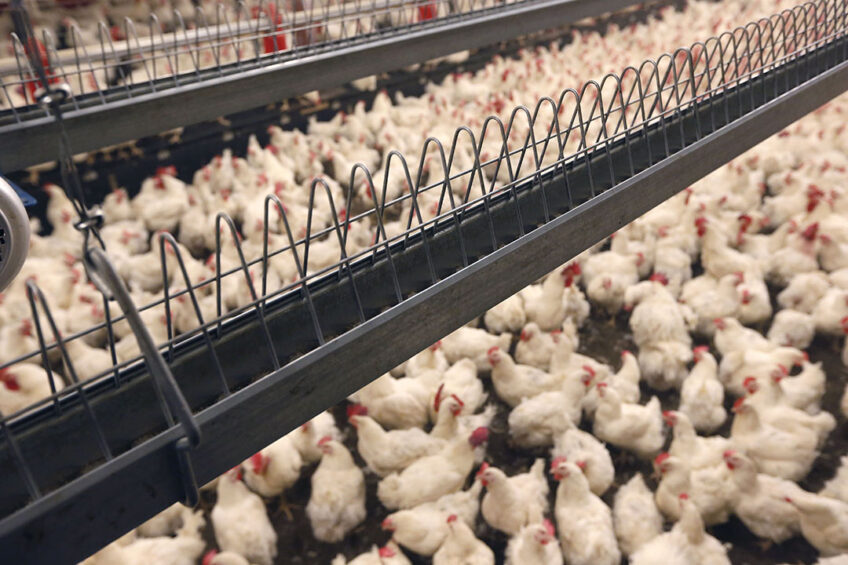Russia introduces major state aid for breeding farms

The Russian government will subsidise 20% of investments dedicated to new breeding farms projects in a bid to return the industry to the growth track.
“The decision taken will contribute to a rise in Russian poultry companies’ raw material base, as well to achieve a further increase in poultry and hatching eggs production,” the government said in an explanatory note on 24 August. The Agricultural Ministry estimated that the new subsidy would help the country to entirely stop hatching eggs imports by 2025 and ensure an undisruptive operation of poultry farms in Russia in the meantime.
A proven method
Investment subsidy is a common tool used by the Russian government to support agriculture. Previously, it proved its value in the dairy, vegetable, and seed sectors.
In 2021, Russian poultry production is projected to decline to 4.99 million tonnes, compared to 5.03 million tonnes in 2020 and 5.01 million tonnes in 2019, the Russian Center for Agricultural Analytics said.
Russia places hope on Smena-9 breeders
The Russian poultry industry has always been reliant on relatively expensive imports of breeding stock, but in 10 years time, Smena-9 could conquer the entire Russian market. Read more…
The Russian Union of Poultry Farmers attributed the production decline in the first half of the year to a wave of avian influenza outbreaks in early 2021, and a temporary shortage of hatching eggs on the domestic market due to import restrictions introduced by the Russian veterinary body, Rosselhoznadzor, against several European countries.
Import tax
In addition to the subsidy, the government rolled out plans to subject hatching eggs to a 5% import tax starting on 1 January 2022. A further rise of 15% is set for 2023. The final decision on the new tax rate, however, is yet to be made since numerous farmers speak against this plan, citing fears of rising production costs.
Highly anticipated step
Sergey Lakhtyukhov, general director of the Russian Union of Poultry Farmers, praised the new subsidy, adding that Russian poultry farmers originally proposed to support the hatching eggs segment in 2020 during discussions of a bailout package for the Russian economy with the government. The decision spurred poultry farmers to actively announce new projects for the construction of hatching eggs farms, Lakhtyukhov told the Russian magazine, Agroinvestor. Currently, Russia imports 20% of hatching eggs and is able to replace imports in the next several years fully, he added.












